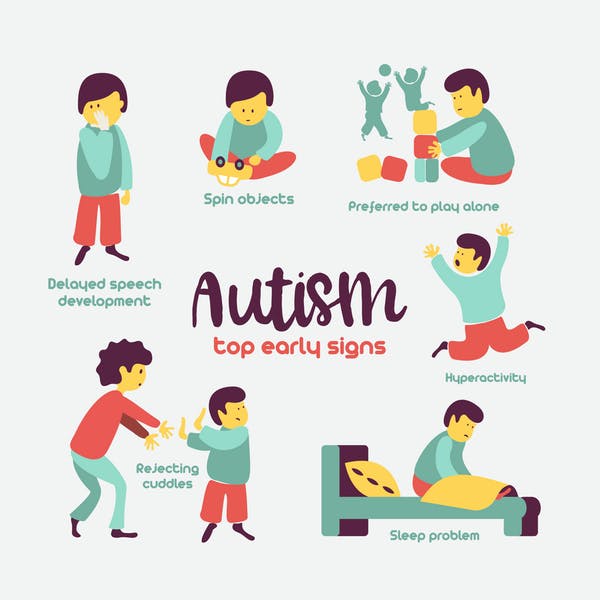Summer is the perfect time to take a break and enjoy a vacation filled with fun, relaxation and adventure for the whole family. When it comes to travelling, any parent’s goal is to create lifelong memories for themselves and, of course, for their children.
However, vacations consist of irregular schedules and unfamiliar locations, which can be difficult to navigate for a child with special needs. To help ease this transition, below are five essential tips to follow when traveling with your child with autism or other special needs.
Keep your child in mind when choosing a destination
All children are different, just as all children with disabilities are different. Some might prefer a busy amusement park with many sights, sounds and smells, while others might find this type of environment overwhelming. Remember that new and unexpected experiences could result in a meltdown, so no matter what you’re planning, keep your child involved every step of the way.
This will give your child a sense of what to expect during the trip. In addition, try to align the activities you choose with your child’s attention span and sensory-process capabilities. And be aware of how many excursions you plan, as too many activities could lead to higher levels of stress for your child and your whole family.
Practice travel methods
Methods of travel a child might not be used to – such as planes or trains – could be difficult for a child to comprehend. If you plan to travel using a mode of transportation that is atypical, it’s a great idea to practice before the big trip. Airports and train stations can be very accommodating when it comes to simulating the experience for children with disabilities.
Assure your child that this is a fun adventure you are taking together and move through every step as you would if it were the real thing. At the airport, this means wheeling your own suitcases, getting your tickets, going through security, waiting at the gate and boarding the plane. Each step takes patience and an explanation that should make your child feel more comfortable.
Pack the essentials
Create a checklist before you leave to make sure nothing gets left behind. This includes the basics – clothes, socks, underwear, shoes and a toothbrush – but also any communication devices, iPads, sensory/fidget toys or other items that will help soothe your child. Also remember to pack special foods, treats, stuffed animals or toys that provide calm and comfort.
All of these items will help avoid a tantrum, give your child the distraction he or she may need, and bring a familiar piece of home with them.
Set aside time on vacation for routine activities
Vacations are out of the ordinary for everyone involved. But where you or I may find vacations relaxing, a child with a disability may feel increased stress due to uncertainty and unfamiliarity. It’s helpful to keep your child’s home routine in mind.
Do they get tired or restless at specific times? Do they exercise in the afternoon or read in the morning? Try to bring some normality to the situation by setting aside time for naps, play time or something they would typically do at home.
This scheduled down time will ensure you don’t overlook the activity (or lack of activity) and will help avoid potential issues during the day.
Be prepared – and have fun!
As you develop a vacation itinerary, it’s a good idea to call each location (waterparks, theme parks, craft sessions, etc.) ahead of time to tell them when you are coming and to discuss your family’s needs. Some locations might offer access to certain rooms, lanes or areas, and they might even have a routine/process they use when entertaining children with disabilities.
All the preparation in the world might not stop an occasional meltdown but the most important thing is to have fun and enjoy this special time with your family.
Planning a vacation and taking time off should be fun, so bring the whole family together, pick a destination and explore all there is to offer in a new and exciting location.
Amy Kelly is Devereux Advanced Behavioral’s Health Director of Family and Community Services.






